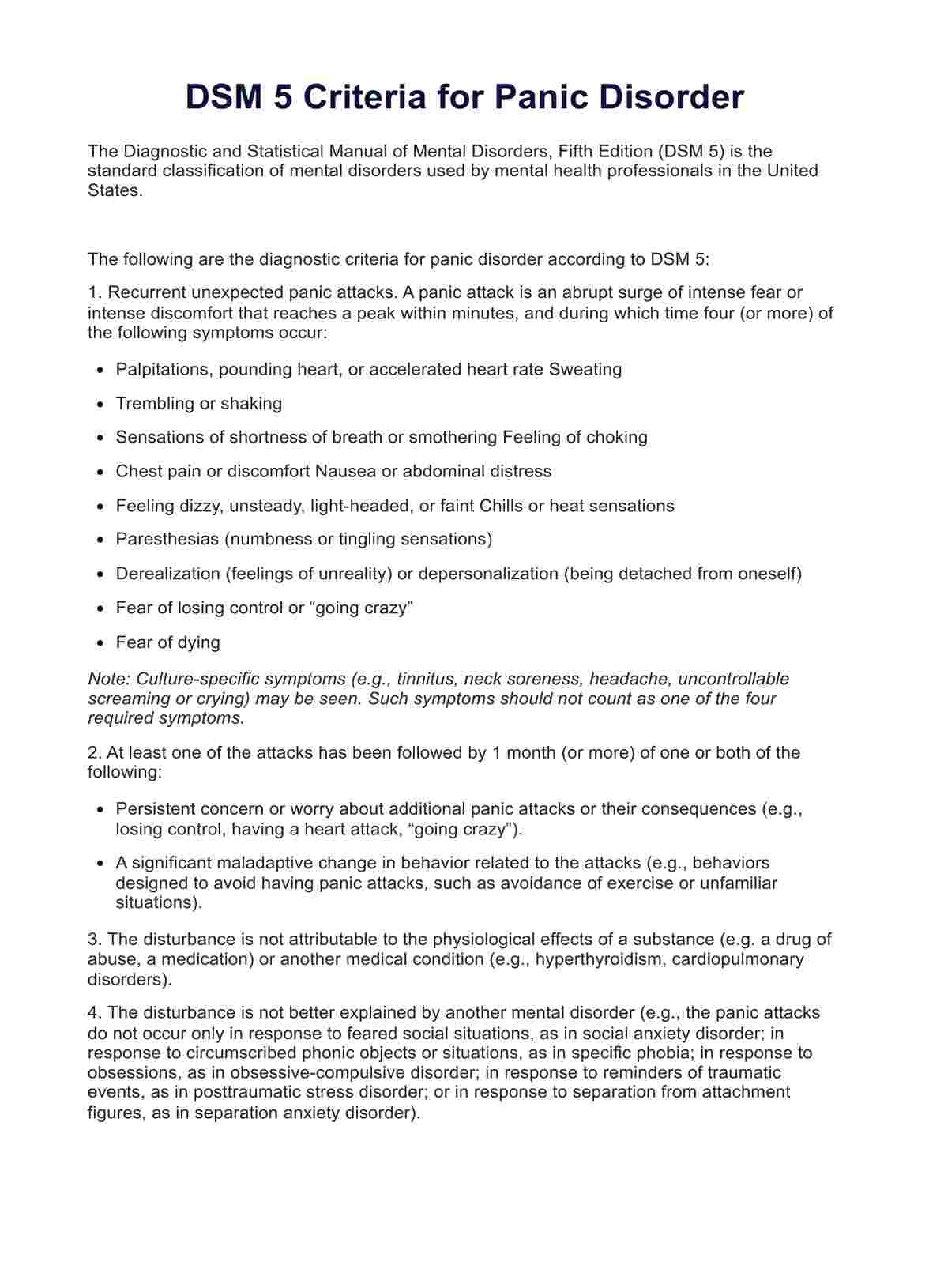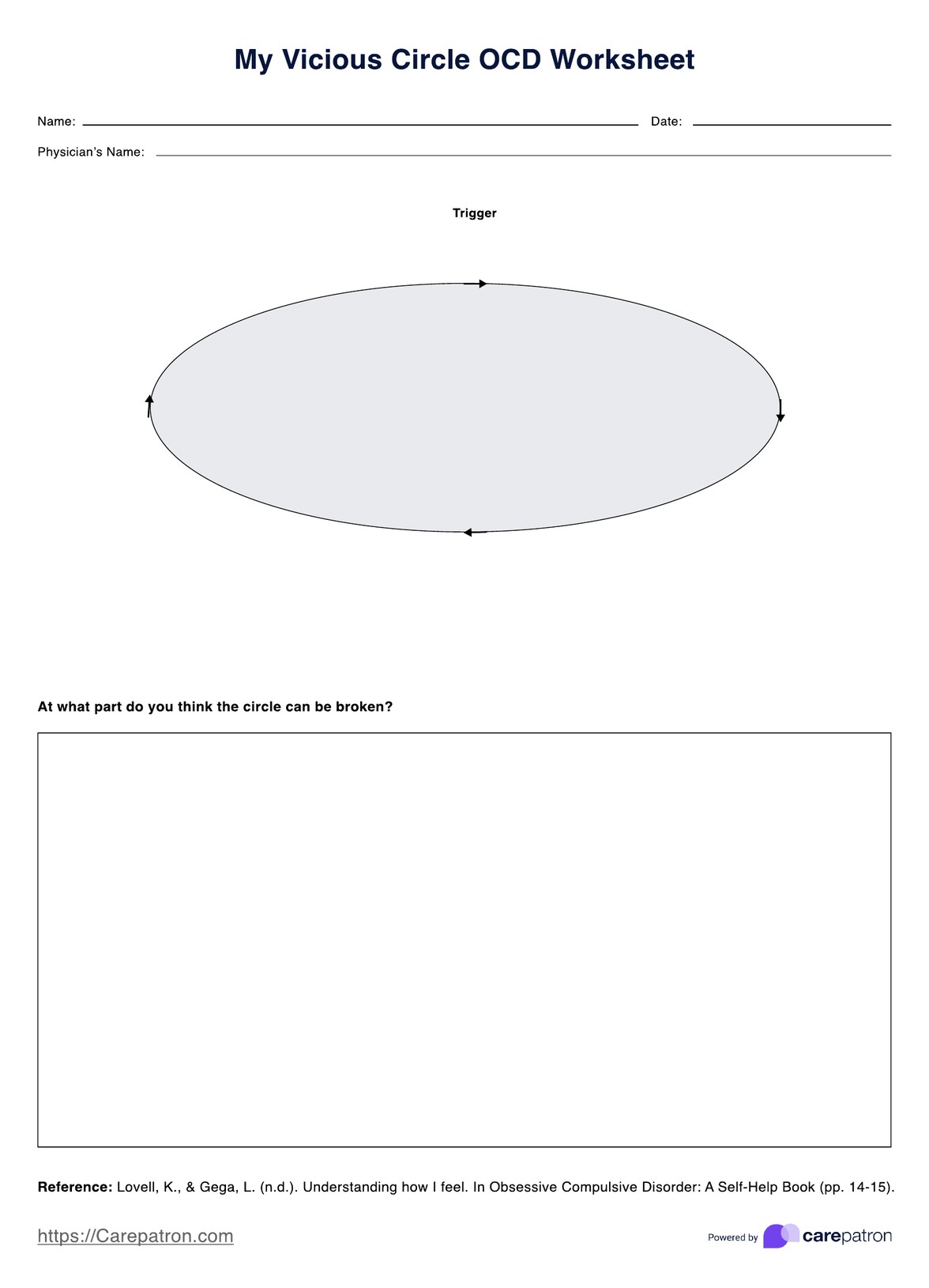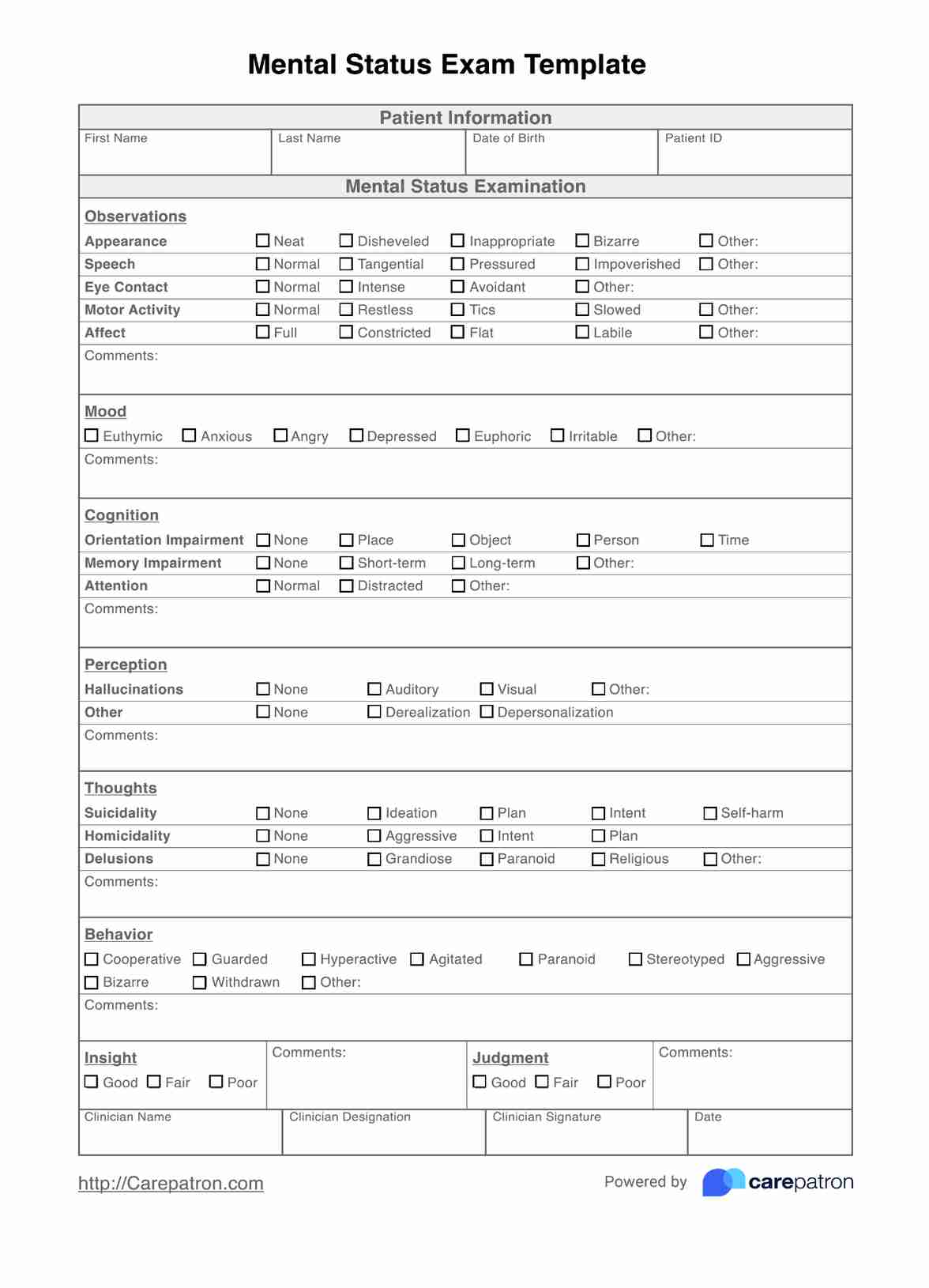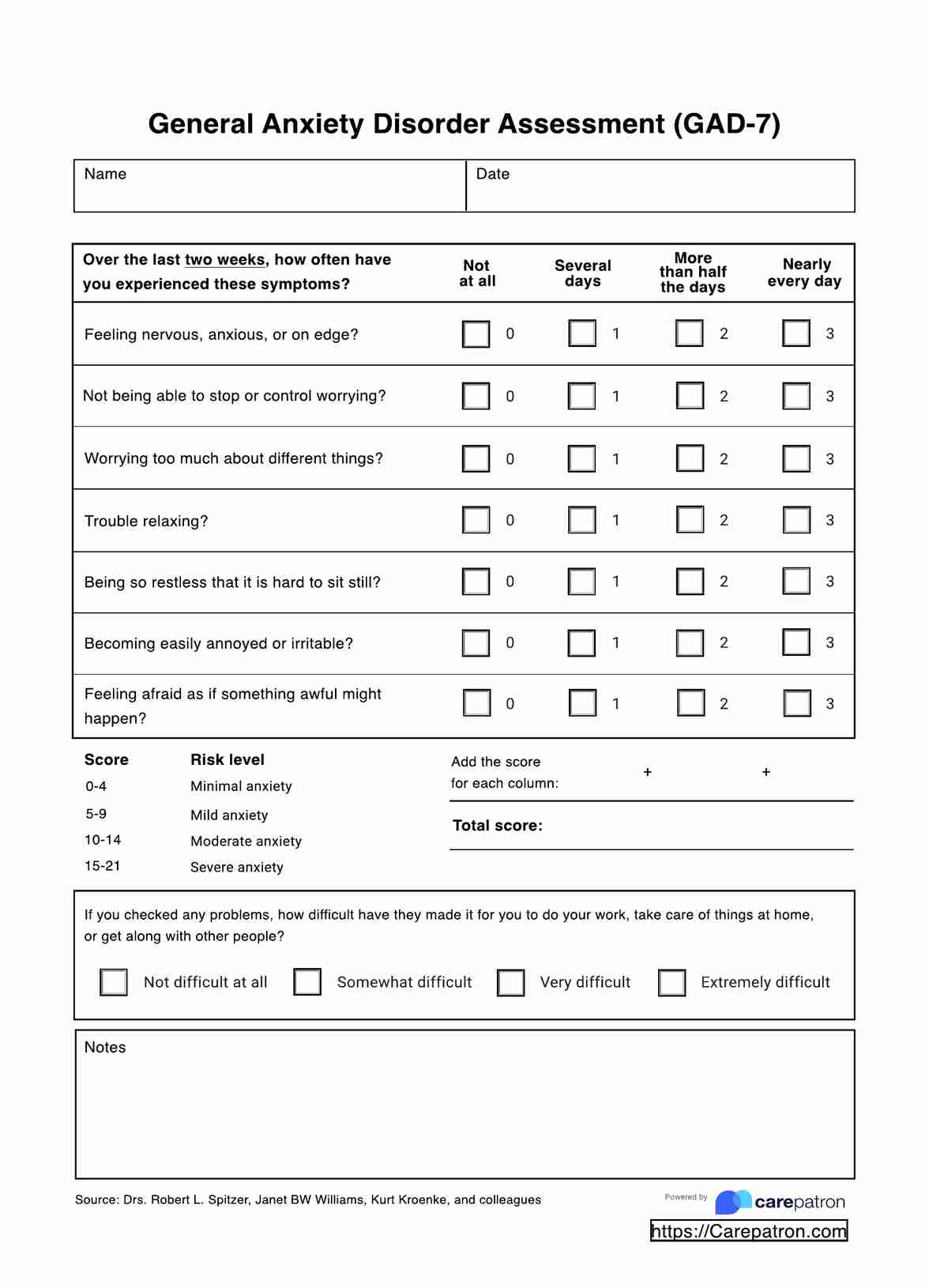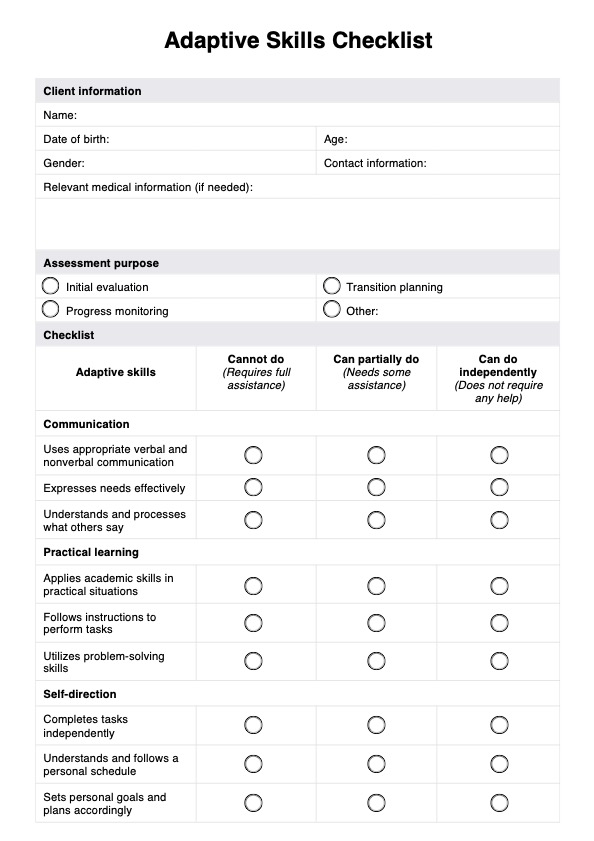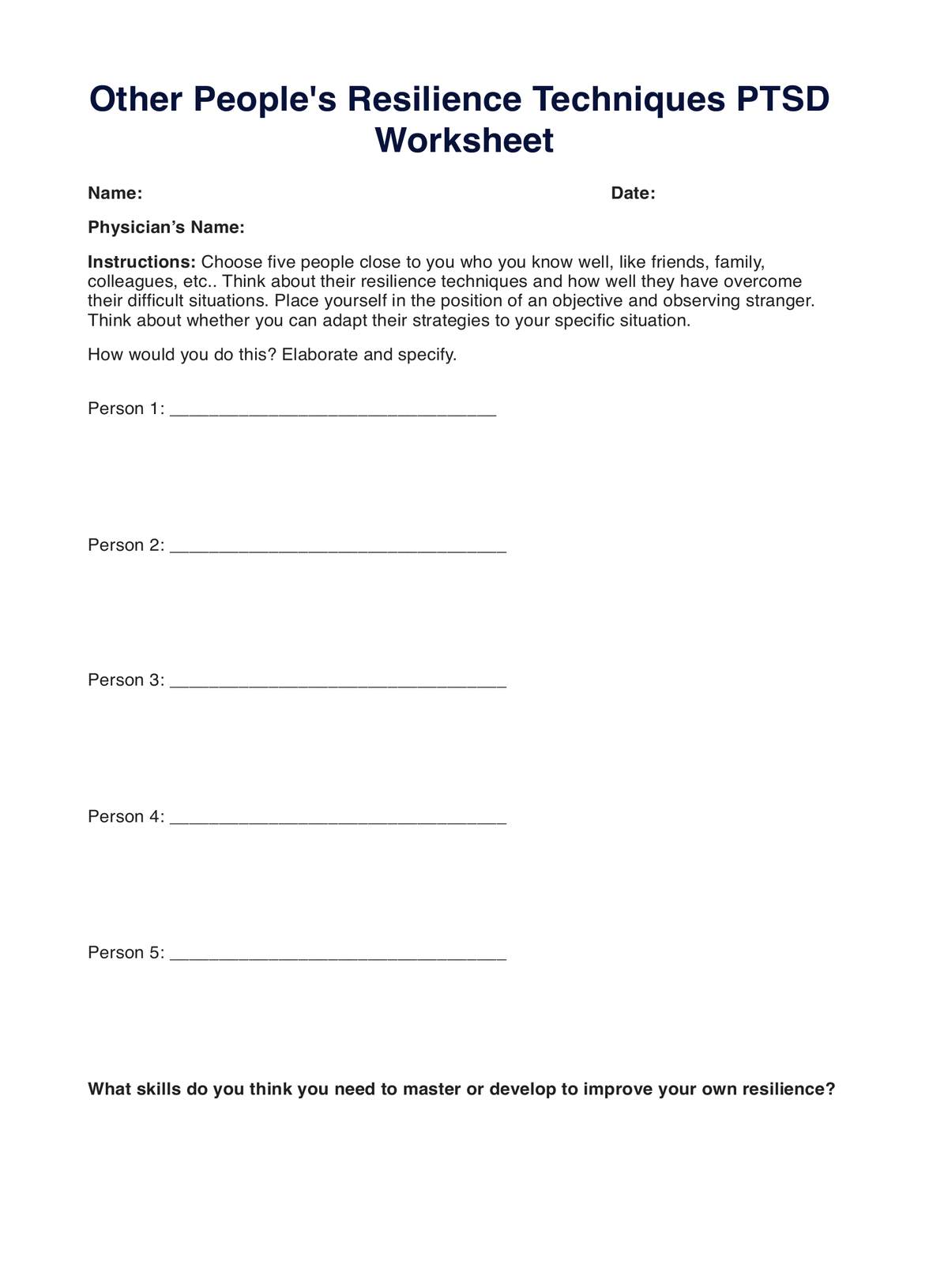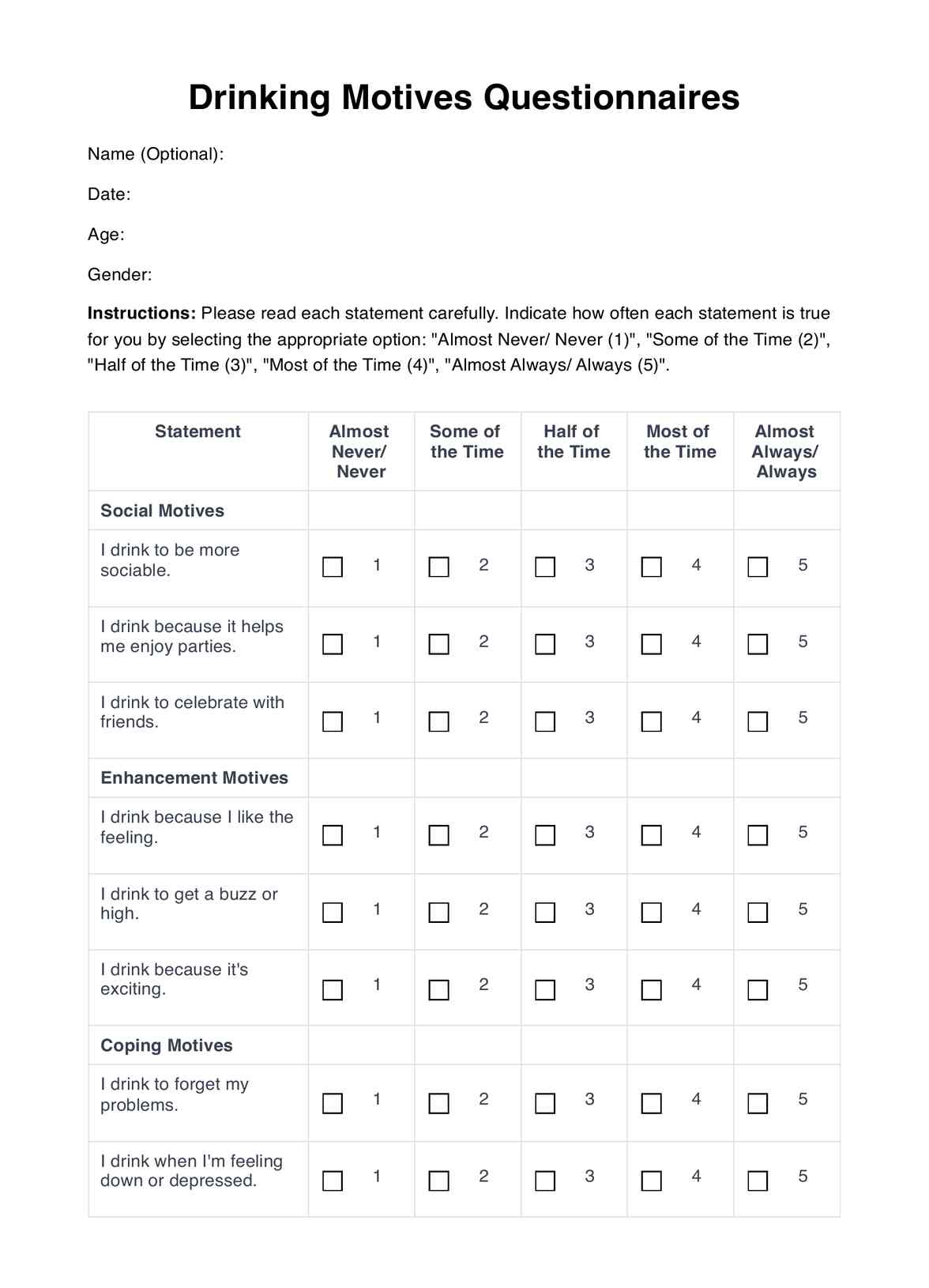Social Work Theory Chart
Discover the benefits of Social Work Theory Charts. Enhance decision-making, collaboration, and client outcomes with these valuable tools.


What is a Social Work Theory Chart?
The Social Work Theory Chart is a detailed framework that blends various social theories and practice models. It's essential for social workers, to help them understand and address the complex needs of individuals, families, and communities. This chart provides a systematic approach for assessment and intervention across a range of situations, covering a broad spectrum of theories that explain different aspects of human behavior and social interactions.
For a clearer insight, watch the accompanying explainer video. It takes a deep dive into these social work theories and illustrates the practical application of the Social Work Theory Chart in real-life scenarios. This video is an excellent resource, offering real-world examples and guidance on effectively using the chart to enhance assessment, intervention, and evaluation techniques.
Exploring this comprehensive guide is highly beneficial for a deeper understanding of the Social Work Theory Chart and its applications. It provides extensive information, helping you to broaden your knowledge and refine your skills. Utilizing this resource can greatly improve your clients' quality of care, contributing to their well-being.
If you are looking for further Social Work resources, feel free to watch this video on our Social Work Treatment Plan:
Printable Social Work Theory Chart
Download this Social Work Theory Chart to overview various social work theories.
Social Work Theory Chart Template
Social Work Theory Chart Example
How does it work?
This chart is designed to be a user-friendly, printable resource that helps professionals quickly reference various social work theories and their key concepts. Here's an overview of how it works:
Step 1: Choose the right chart format
Before using the chart, select a printable Social Work Theory Chart format that best suits your needs, such as a PDF or printout.
Step 2: Familiarize yourself with the chart
Take some time to review the chart and its organization. The chart is typically divided into several categories, including:
- Human behavior theories
- Social environment theories
- Practice theories
- Critical theories
- Integrative theories
Step 3: Identify the problem or issue
To effectively use the chart, identify the specific problem or issue you're addressing within the context of the individual, family, or community you're working with.
Step 4: Select the appropriate theory
Review the chart to find the theory that best aligns with the identified problem or issue. Consider how each theory's key concepts relate to your client's unique needs and circumstances.
Step 5: Apply the chosen theory
With the appropriate theory selected, apply its principles and concepts to your assessment, intervention, and evaluation processes. Be sure to consider any cultural, social, and environmental factors that may impact the effectiveness of your chosen theory.
Step 6: Reflect on the outcomes
As you implement the selected theory, reflect on its success in addressing the problem or issue. Be prepared to adjust your approach or consider alternative theories if necessary.
Step 7: Customize the chart
Our printable Social Work Theory Chart allows for customization, enabling you to add notes, highlight specific theories, or include additional information relevant to your practice.
When would you use this template?
The Social Work Theory Chart Template is a valuable resource for social work practitioners, mental health professionals, and other human service providers working with clients in various settings. This comprehensive chart offers a quick reference guide to social work practice's most common theoretical perspectives. It allows professionals to select the most appropriate theories for their assessment and intervention planning.
The template is particularly useful when:
- Assessing a new client: Social Work Theory Chart Template can help practitioners identify which theories may be most relevant to the client's presenting issues. By considering different theories, professionals can better understand a client's situation and tailor their approach accordingly.
- Reviewing a case: The chart can be an excellent tool for reviewing a current case and ensuring that the chosen theoretical perspectives are still relevant and effective. As clients' needs and circumstances change, it may be necessary to reevaluate the theories guiding practice and adjust as needed.
- Collaborating with colleagues: The template serves as a shared language during discussions with colleagues or in team meetings, facilitating effective sharing of insights and ideas among professionals. By utilizing the chart as a reference, team members can enhance collaboration and make informed decisions together.
- Professional development: The Social Work Theory Chart Template can be useful for ongoing learning and professional growth. By regularly reviewing the chart, practitioners can deepen their understanding of various theories and stay updated on current best practices in the field.
- Teaching and supervision: The chart is an excellent teaching tool for educators and supervisors in social work and related fields. By providing a concise overview of key theories, the template can help students and supervisees develop their theoretical knowledge and enhance their clinical skills.
Benefits
Comprehensive overview
The Social Work Theory Chart Template provides a comprehensive overview of the most common theories in social work practice, helping professionals quickly understand and choose the best approaches for their clients.
Time-saving resource
This free template saves time by providing a ready-to-use reference guide, allowing practitioners to select and apply relevant theories efficiently without consulting multiple sources or conducting extensive research.
Enhance clinical decision-making
By offering a clear and concise presentation of various theories, the chart supports informed clinical decision-making, ensuring practitioners consider various perspectives when assessing clients and planning interventions.
Facilitates collaboration
The Social Work Theory Chart Template promotes effective communication and collaboration among colleagues, as it offers a common language and reference point when discussing cases, sharing insights, and making joint decisions.
Supports professional development
Using this template can contribute to ongoing professional development, as it encourages practitioners to stay updated on current theories and best practices, ultimately enhancing their clinical skills and knowledge.
Versatile educational tool
The chart is a versatile teaching and supervisory tool, helping educators and supervisors in social work and related fields efficiently introduce students and supervisees to key theoretical perspectives and their practical applications.
Research & evidence
The Social Work Theory Chart Template is rooted in the long-standing tradition of theoretical development and application within the field of social work. Social work emerged in the late 19th and early 20th centuries in response to societal changes and increasing social problems. Over time, various theories have been developed, borrowed from other disciplines like psychology and sociology, and adapted to inform social work practice.
These theories can be broadly classified into several categories, such as human behavior theories, social environment theories, practice theories, critical theories, and integrative theories. Each category represents a different aspect of understanding human behavior, addressing social issues, and guiding interventions. The development and use of these theories have been supported by extensive research and evidence, contributing to the evolution of social work as an evidence-based profession.
For instance, human behavior theories like psychodynamic, cognitive, and behavioral theories have their roots in psychology and have been empirically tested and validated over the years. Similarly, social environment theories like systems and ecological theory have emerged from sociology and other social sciences, offering insights into the complex interplay between individuals, families, communities, and larger social structures.
Practice theories, such as solution-focused brief therapy and motivational interviewing, have been developed specifically for social work and related fields, providing practical frameworks for client-centered interventions. Critical theories, including feminist theory and anti-oppressive practice, emphasize the importance of addressing power imbalances, advocating for social justice, and promoting structural change.
Integrative theories, such as the biopsychosocial model and the person-in-environment (PIE) theory, seek to synthesize multiple perspectives and offer a more holistic approach to understanding and addressing clients' needs. These integrative theories have gained traction in recent years, reflecting the growing recognition of the interconnectedness of biological, psychological, social, and environmental factors in shaping human well-being.
References
Birt, J. (2022). 15 Important Social Work Theories for Social Workers To Know. Indeed.com. https://www.indeed.com/career-advice/career-development/social-work-theories
Heekin, A. (2023). The 6 Social Work Theories That Inform Social Work Practice - Noodle.com. Noodle.com. https://resources.noodle.com/articles/the-6-social-work-theories-that-inform-social-work-practice/
Sutton, J., PhD. (2023). 10 Fascinating Social Work Theories & Models. PositivePsychology.com. https://positivepsychology.com/social-work-theories/
Writer, S. (2020). Important Social Work Theories & Practice Models | SocialWorkGuide.org. SocialWorkGuide.org. https://www.socialworkguide.org/resources/theories-used-in-social-work/
Commonly asked questions
Social learning theory, which focuses on how people learn through observing others, significantly shapes social work practice models. It informs social workers on how clients can adopt positive behaviors and coping strategies by observing good examples in their environment. This theory underscores the importance of role modeling and mentoring in fostering personal growth and everyday behavior change.
Systems theory and ecological systems theory are fundamental in helping social workers comprehend the intricate network of relationships and external factors in a client's life. These theories emphasize the importance of considering multiple environments, including family, social, and community contexts, when assessing client needs and developing interventions. They provide a framework for understanding how various systems interact and influence an individual's behavior and mental health.
Social exchange theory and rational choice theory are applied in social work to understand the motivations behind a client's actions. These theories suggest that clients often weigh the costs and benefits of their actions in social interactions. Social workers can use these insights to help clients explore safe alternatives and make decisions that lead to positive change and seek gratification in a healthy way.


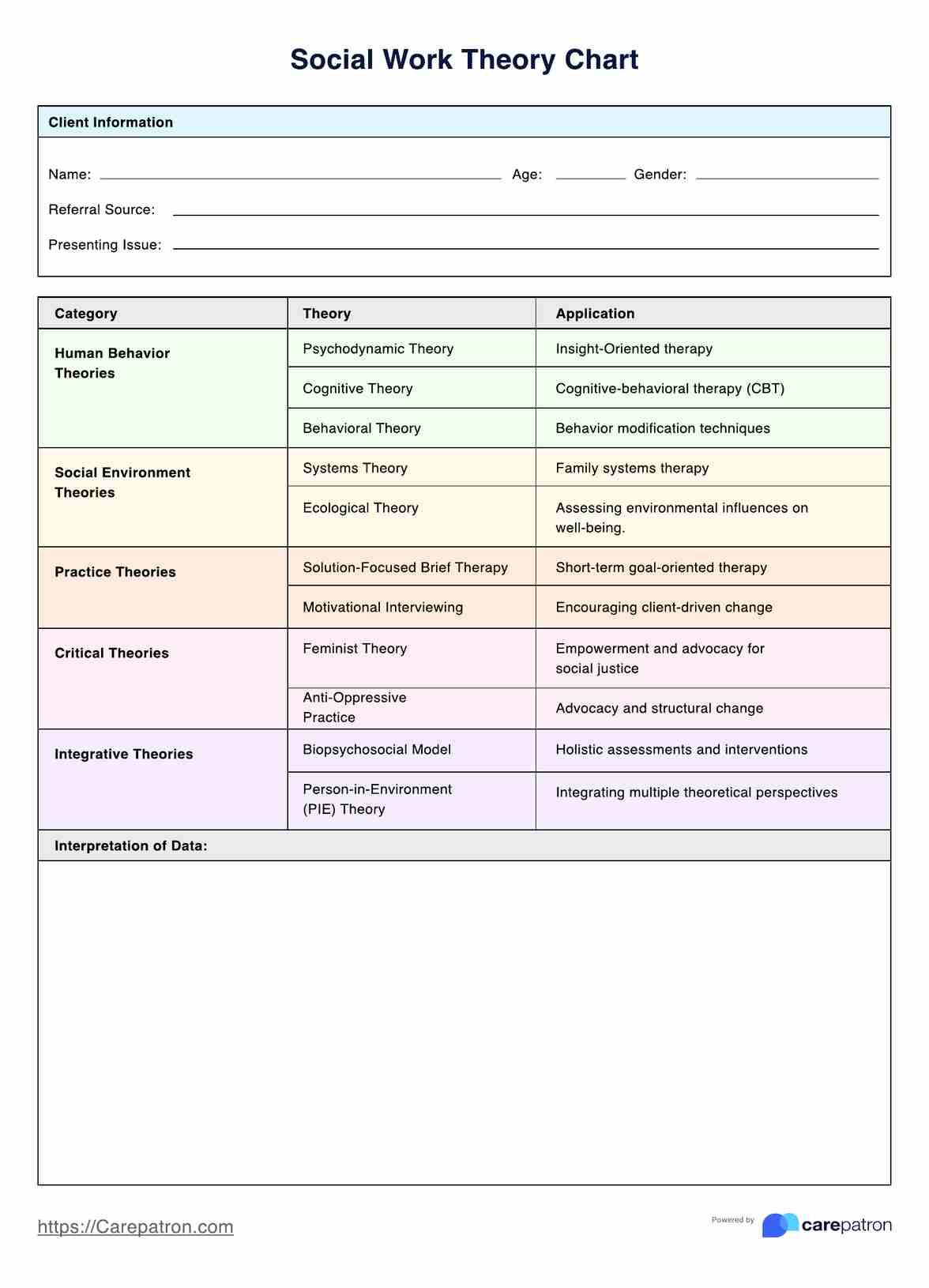
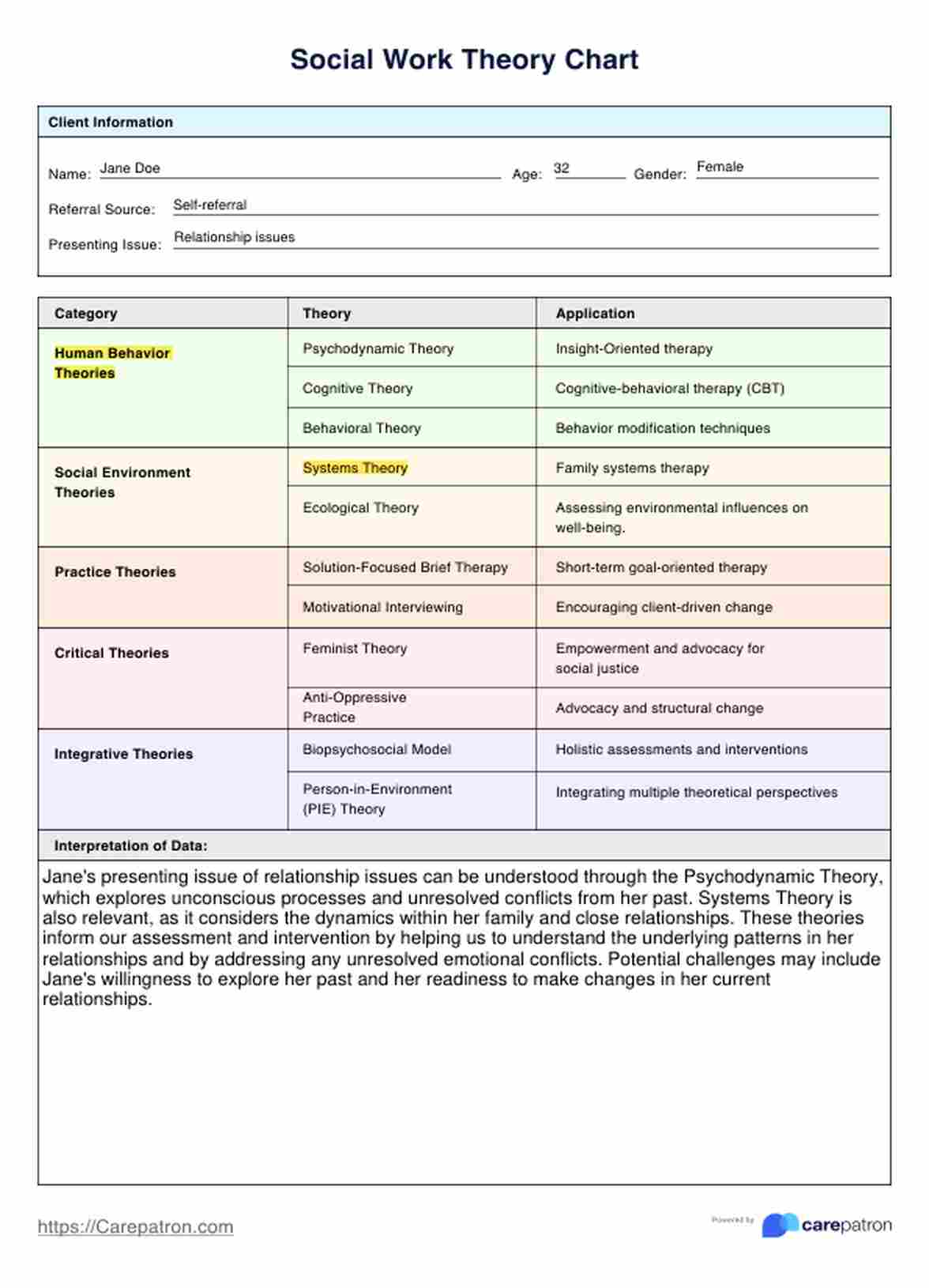














-template.jpg)






















































































